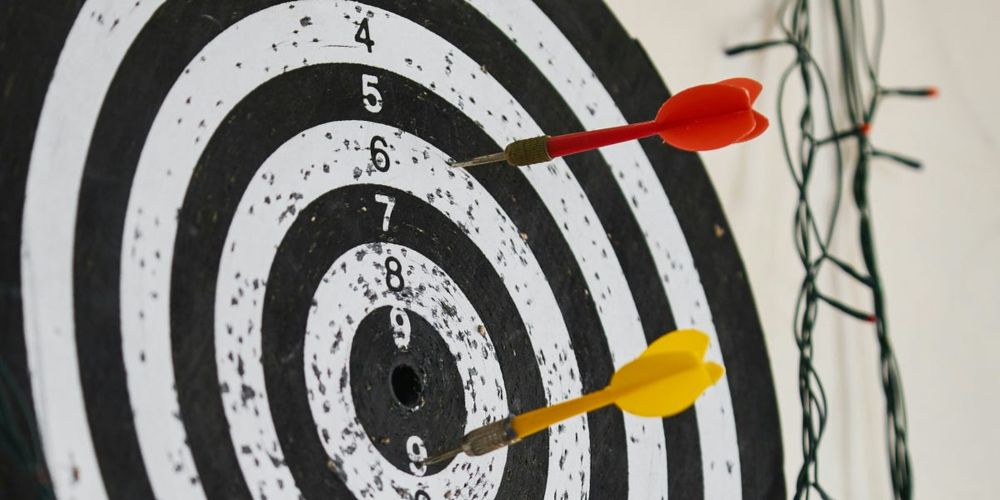Marc Robinson-Rechavi
@marcrr.bsky.social
1.6K followers
1.2K following
330 posts
He/Him. Evolution and Bioinformatics. Posts mine alone, in English (mostly) & French. Chair of @dee-unil.bsky.social, Prof at @fbm-unil.bsky.social, group leader at @sib.swiss. PI of @bgee.org
🦣 Main account: https://ecoevo.social/@marcrr
Posts
Media
Videos
Starter Packs
Reposted by Marc Robinson-Rechavi
Reposted by Marc Robinson-Rechavi
Reposted by Marc Robinson-Rechavi
Reposted by Marc Robinson-Rechavi
Reposted by Marc Robinson-Rechavi
Reposted by Marc Robinson-Rechavi
Reposted by Marc Robinson-Rechavi
Reposted by Marc Robinson-Rechavi
Reposted by Marc Robinson-Rechavi
Reposted by Marc Robinson-Rechavi
Reposted by Marc Robinson-Rechavi
Reposted by Marc Robinson-Rechavi
Reposted by Marc Robinson-Rechavi
Reposted by Marc Robinson-Rechavi
Reposted by Marc Robinson-Rechavi
Reposted by Marc Robinson-Rechavi








